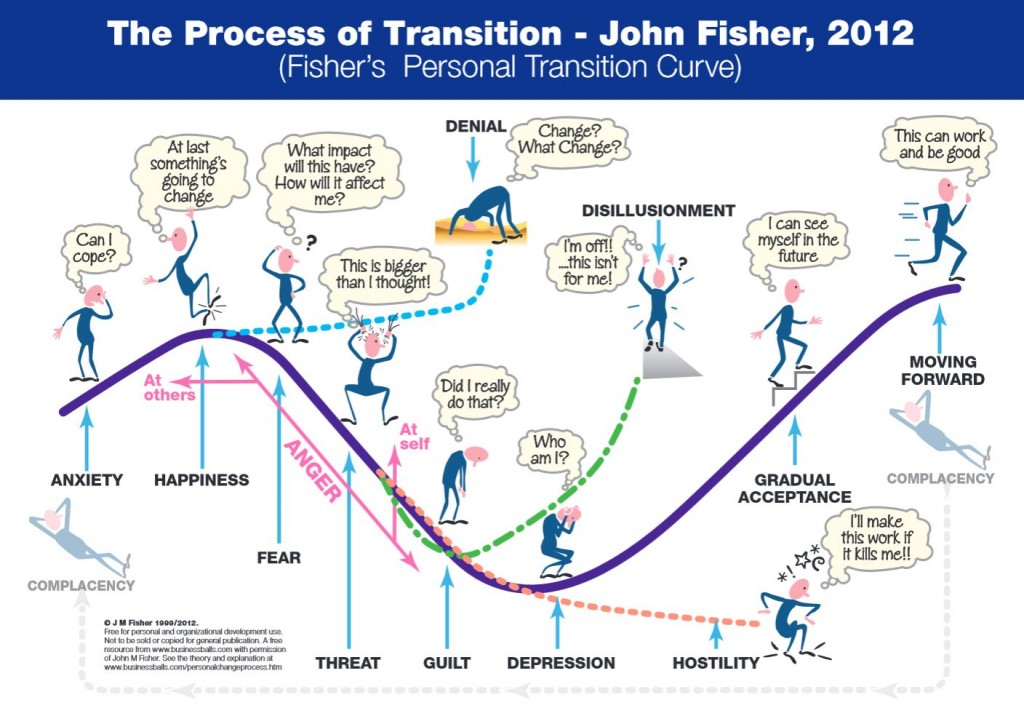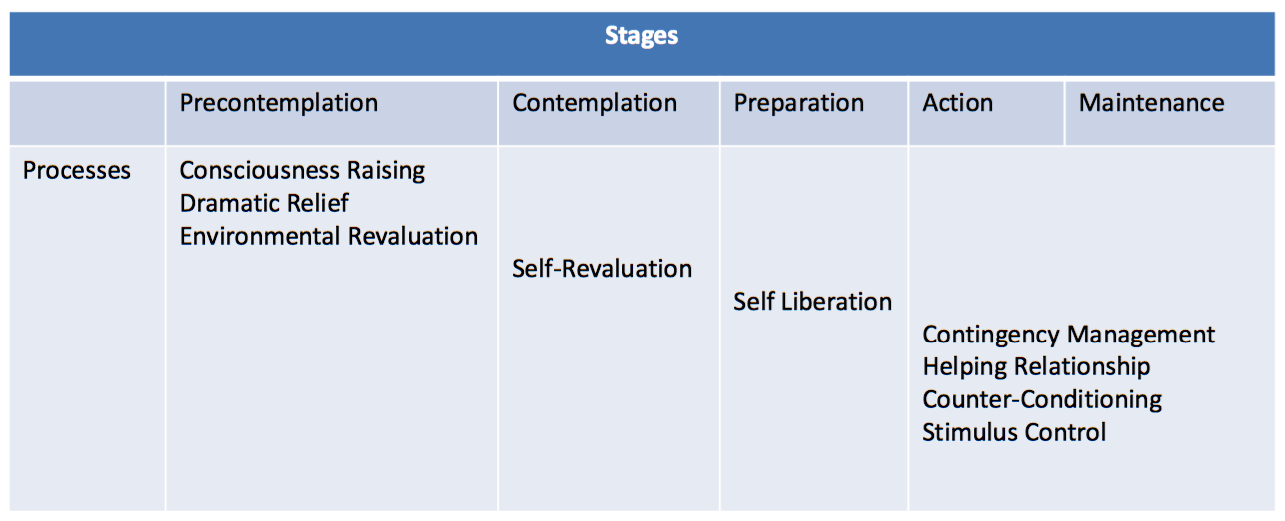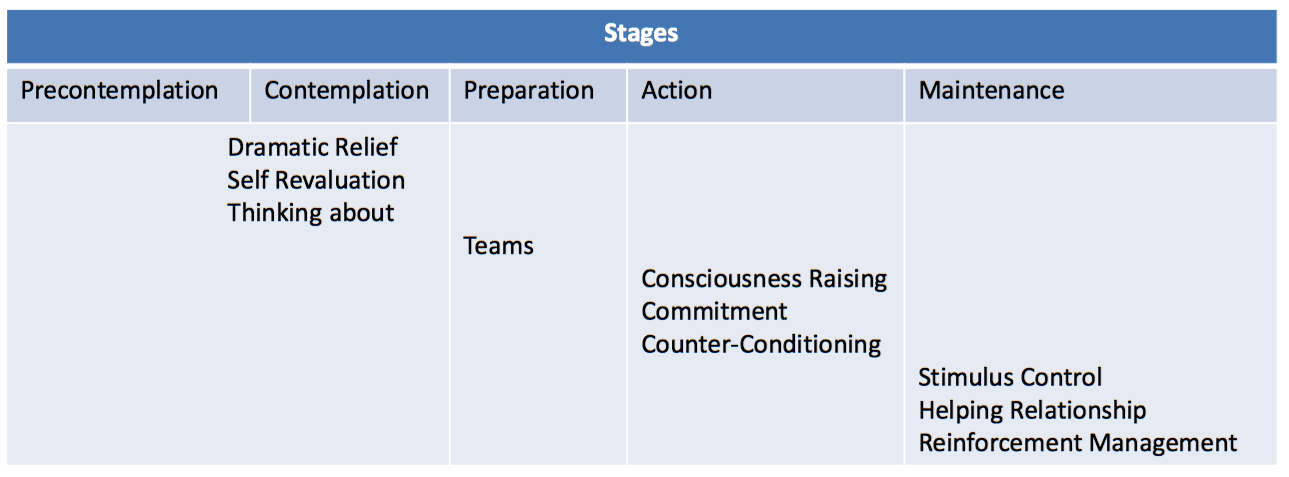The initial chemistry session went well. As did the following four sessions. Yet, Mary, the coach, felt frustrated. She couldn’t shake the sense of a lack of progress. She ticked off her mental coaching list; rapport, coaching goals, her questioning style, action setting, change… There it was. Although clear actions were being set, and the client was completing them, there was not the deeper behavioural change required to meet the agreed goals.
Is your coachee ready for change?
Many of us will be familiar with change curves. The one that many relate to is John Fisher’s Transition Model Another example is the Procheska’s Transtheoretical Model of Change (TTM). In both models, change is not something that happens automatically. A typical exercise to highlight the difficult is change is being asked to sign our name with our non dominant hand. This simple exercise shows how difficult it can be to do the simplest of tasks in a different way.
As coaches we seek to drive sustainable behavioural change. But as the change models show us, change comes at a cost. Change requires investment of time, energy and a degree of resilience to help us overcome the myriad of challenges we face along the path to success.
Yet, some coaching clients do engage in deep behavioural change seemingly so easily. Coaching these individuals is a joy, and at times we feel deeply touched as we see the transformation occur in front of our eyes. Yet for others, our experience is like Mary’s above. It can feel like treacle, or like hitting a coaching brick wall. In these moments it is easy to reflect on our own shortcomings, or simply to write the client off as “un-coachable”. Rather than assuming the worst, lets examine why this may be the case.
Imagine two coaching clients. The first is working within a context where confidence is low, they resist feedback from others, and they lack motivation. The second is full of confidence, is actively seeking personal change, and is motivated and committed to doing what is necessary. Who is more open to change? How does their openness to change change how you work with each?
When we start a coaching relationship, being able to assess an individual’s change readiness is key to helping that client. Those more open to change will likely result in a more dynamic coaching relationship, reaching goals faster. Working with someone who is more resistant to change (for whatever reason) will require a different approach; more time to build rapport, trust, and exploring the benefits of change will be key.
If you would like to empirically assess change readiness, and receive coaching guidance and prompts as to how to work with each individual client, you might want to check Engage. For more information watch “Introduction to Engage“, and if you you would like to see how to work with different Engage profiles watch “Engage Feedback“. You might also be interested in accreditation options.
(see below for diagrams/links).
Check out our online Engage Accreditation Course – discounted pricing for a time limited period.
John Fisher’s Transition Curve

Transtheoretical Model of Change for Individuals

Transtheoretical Model of Change for Organisations
Prochaska, Janice M., Prochaska James O. & Levesque Deborah A. (2001) ‘A Transtheoretical Approach to Changing Organizations’. Administration and Policy in Mental Health and Mental Health Services Research Journal, Volume 28, Number 4 / March, 2001
Interested in accreditation? Check out our reviews, expert analysis and pricing;
